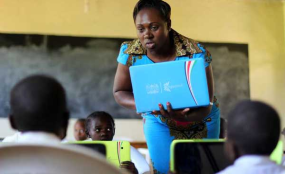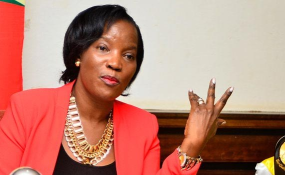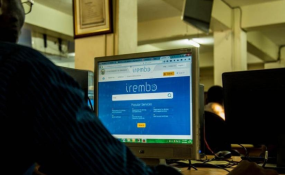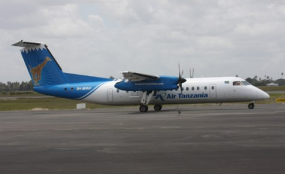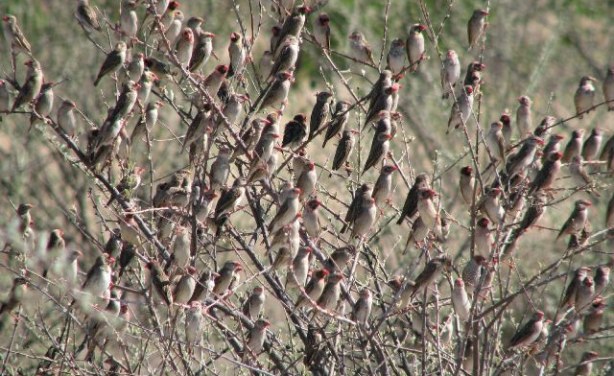By Bassey Udo and Ebuka Onyeji
There has been mass sack of over 3,000 workers in Nigeria’s oil industry as the country’s economic recession bites harder, two unions have said.
The two major unions in the oil and gas sector, NUPENG and PENGASSAN, have thus threatened to go on strike saying over 3,000 of their members were affected.
The unions on Wednesday issued a 21-day ultimatum to the federal government calling for a halt to the sack of their members by international oil companies in Nigeria.
The National President of NUPENG, Igwe Achese, who addressed the media at the end of the Central Working Committee, CWC, meeting of the union in Effurun, Delta State, said government must do something urgently to stop the mass retrenchment of its members to avoid grounding the industry.
Mr. Achese disclosed that most of the companies – Chevron Nigeria Limited, ExxonMobil, Pan Ocean, Sapiem, and Hercules oil and gas limited, among others – have terminated the appointment of over 3,000 of their workers apparently over the current economic recession in the country.
“More than 3,000 of our members are affected,” Mr Achese said. “Chevron alone is about 1,500; Mobil is about 1,000; the entire workers of Hercules Oil & Gas are being asked to go home; Pan Ocean have since closed shop and are gone.
Industry-wide everybody are being asked to go.
“We are now asking ourselves where are we heading with the industry. We have lost so much of Nigerian personnel working in the oil and gas industry. What is happening in Nigeria cannot be compared to what is happening in other African countries. We want government to wake up and address some of these issues.”
The spokespersons for Chevron and Mobil, the two oil firms most involved in the mass sack, did not return calls or reply text messages sent to them on the dismissals.
Mr. Achese said if government failed to act and direct the oil companies to stop these ongoing retrenchment of their members in the sector, they would be compelled to act to protect their interest.
“It is painful to say as I address you, Chevron has wound up in the East and their offices closed. A total of 1,500 workers were sacked without their entitlements. Nobody is saying anything about it. As we speak, many companies have left and many others are winding up to go.
“The Federal Government should act fast to avert further loss of jobs. There is too much redundancy in the oil industry, which needs urgent action from government to salvage the situation,” Mr. Achese said.
The oil industry has been hit by the massive decline in global oil prices, even as armed militant groups in the Niger Delta region led by the Niger Delta Avengers continue to attack oil facilities in the country.
Oil production has been massively cut by almost half, from an average of 2.1 million barrels per to about 1.1 million barrels per day, according to recent figures by the Nigerian National Petroleum Corporation, NNPC.



